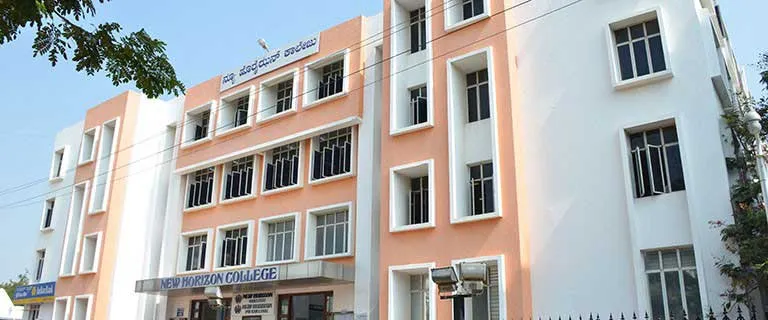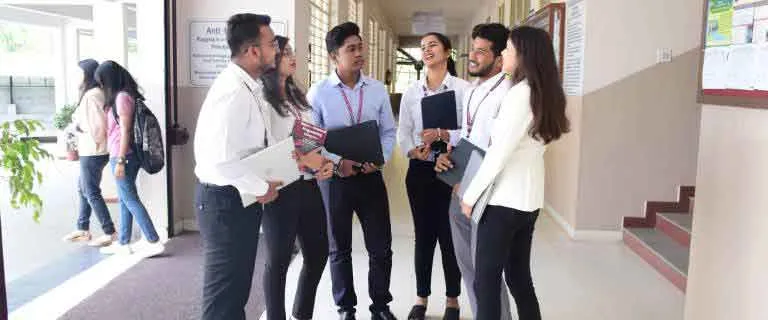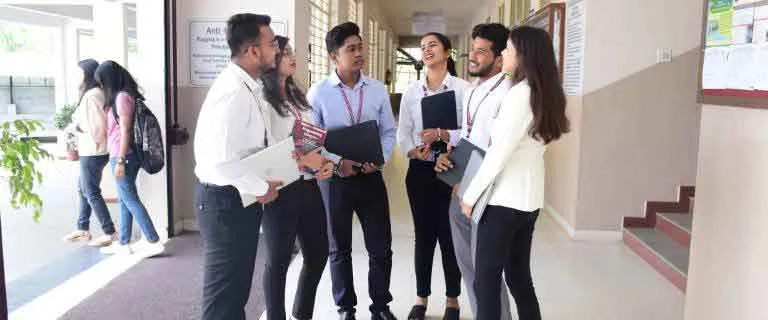RESEARCH & PUBLICATION
Code of Ethics
“Researchers in the educational field have ethical obligations with regard to the publication and dissemination of the results of research. Researchers have a duty to make publicly available the results of their research on any related human subjects and are accountable for the completeness and accuracy of their reports. All parties should adhere to accepted guidelines for ethical reporting. Negative and inconclusive as well as positive results must be published or otherwise made publicly available. Reports of research not in accordance with the principles of this Declaration should not be accepted for publication.” In this regard, New Horizon College, has a high degree of appreciation towards genuine researchers and their research work. Therefore the following points intends to give an insight of the ethical code of conduct for the faculty members of the Institution involved in research.
- Integrity
- Misconduct in Research
- Misconduct
Integrity coupled with accountability and responsibility in conducting academic research form the cornerstone of any academic enterprise and violations of widely-recognized academic research standards represent serious offences to the entire academic community at the Institute and are considered injurious for its credibility and authority as an institution like ours that promotes excellence in academics.
Misconduct in academic research implies (and is not limited to) fabrication, falsification, plagiarism or deception in proposing, carrying out or reporting results of research and deliberate, dangerous or negligent deviations from accepted practice in carrying out research. It includes failure to follow an agreed protocol if and when this failure results in reasonable risk or harm to persons, the environment, and when it facilitates misconduct in research by allusion in, or concealment of, such actions by others. Misconduct also includes any plan or attempt to do any of these things. It does not include honest error or honest differences in interpretation or judgment in evaluating research methods or results, or misconduct unrelated to research processes. Misconduct includes (and is not limited to) the following acts:
PlagiarismThe deliberate copying of ideas, text, data or other work (or any combination thereof) without due permission and acknowledgement.
PiracyThe deliberate exploitation of ideas from others without proper acknowledgement
Abuse of Intellectual Property RightsFailure to observe legal norms regarding copyright and the moral rights of authors.
Abuse of Research ResourcesFailure to observe the terms and conditions of institutionally licensed research resources.
The deliberate attempt to represent falsely or unfairly the ideas or work of others, whether or not for personal gain or enhancement.
PersonationThe situation where someone other than the person who has submitted any academic work has prepared (parts of ) the work;
Fabrication and FraudThe falsification or invention of qualifications, data, information or citations in any formal academic exercise.
SabotageActing to prevent others from completing their work. This includes stealing or cutting pages out of library books or otherwise damaging them; or willfully disrupting the experiments of others; or endangering institutional access to licensed research resources by willfully failing to observe their terms and conditions.
Professorial acts that are arbitrary, biased or exploitative.
Denying access to information or materialTo deny others access arbitrarily to scholarly resources or to deliberately and groundlessly impede their progress.
Misconduct in formal examinationsIncludes having access, or attempting to gain access during an examination, to any books, memoranda, notes, unauthorized electronic devices or any other material, except such as may have been supplied by the invigilator or authorized by the Academic Department. It also includes aiding or attempting to aid another candidate or obtaining or attempting to obtain aid from another candidate or any other communication and conversations that could have an impact on the examination results.









